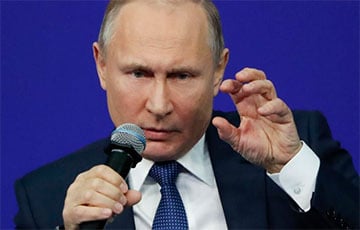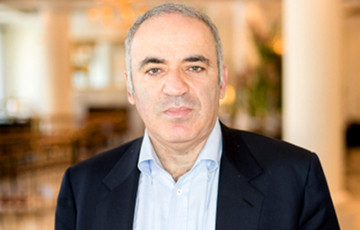Putin Banned Russian Scientists From Contacting Foreigners Without FSB Control
16- 24.06.2025, 20:14
- 5,618

The law sets the stage for a new wave of persecution in the scientific community.
Vladimir Putin has signed a law giving the FSB powers to control cooperation between Russian scientific organizations and foreigners. The document, published on the portal of legal information, amends the federal law "On Science and State Science and Technology Policy" and will come into force on September 1, 2025 (except for certain provisions for which other terms are provided).
According to the innovations, the FSB will monitor the interaction of Russian research institutes, universities and other scientific structures with foreign citizens and organizations. For this purpose, a list of areas of scientific activity will be formed, participation in which foreigners are allowed only with the approval of the FSS. The approval of this list is entrusted to the Russian government.
Scientific institutions planning to work with foreign partners in the directions from the approved list will be obliged to notify the special service in advance. In addition, the law provides the FSB with access to the Unified State Information System for Civilian Research, Development and Technological Works (USISU NIOCTR). Through this platform, the special service will be able to analyze projects involving foreigners for potential threats to national security.
The document also expands the powers of the Ministry of Education and Science: the agency will take into account the contracts concluded by Russian scientific organizations with foreign companies and citizens, if it is about the work financed from the budget.
The explanatory note to the law says that these measures are aimed at preventing the leakage of the results of scientific research abroad. At the same time, it is emphasized that the initiative allegedly does not limit the freedom of scientific creativity and should not interfere with scientific activity.
Nevertheless, according to scientists interviewed by T-Invariant, the wording of the law remains extremely vague. This, in their opinion, creates preconditions for a new wave of persecution in the scientific environment - similar to the one that previously fell on specialists engaged in the development of hypersonic technologies.











